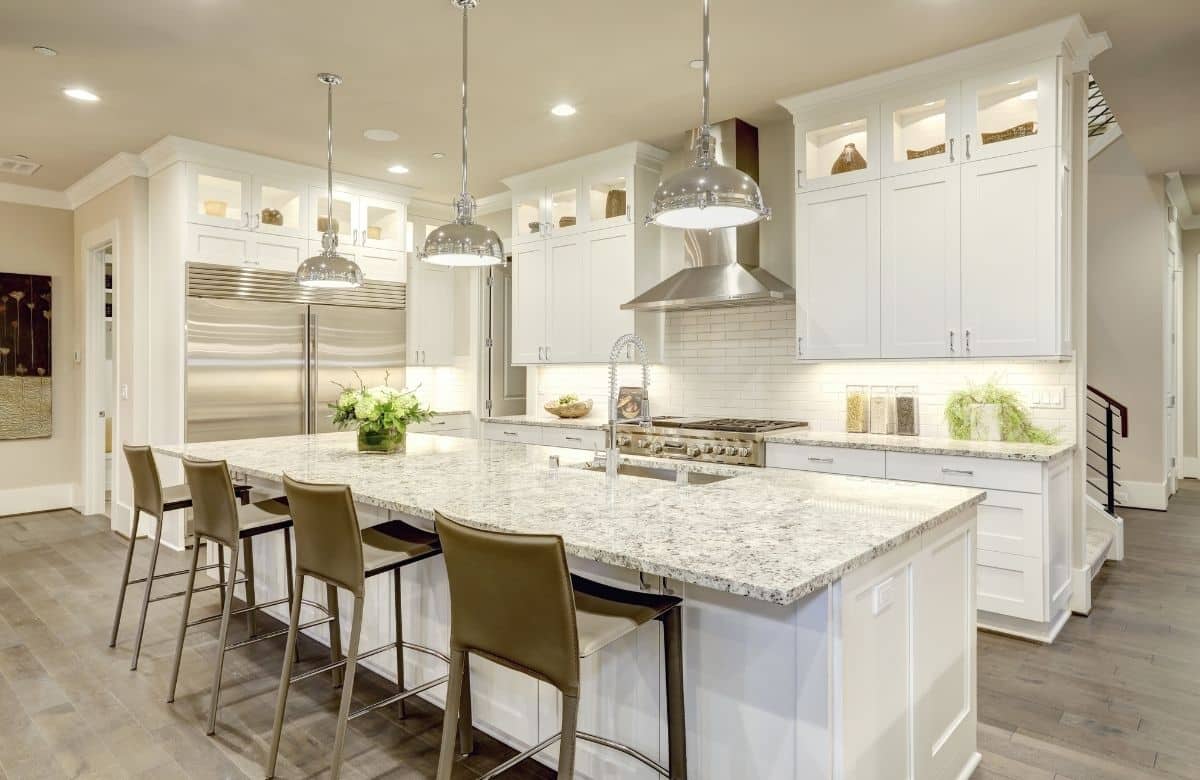Relocating from another state or country?
It’s important to understand how the real estate process in South Carolina — particularly in Bluffton and Hilton Head — differs from what you may be used to. While there are similarities to real estate processes nationwide, South Carolina’s closing procedures, legal requirements, and timelines can often surprise out-of-state clients.
Here’s what to expect when buying or selling real estate in South Carolina — and how
Delcher & Delcher helps make the process smooth from start to finish.
Attorney Involvement is Required in South Carolina
Unlike many states where title companies or escrow agents handle closings, South Carolina requires a licensed real estate attorney to oversee the transaction. This attorney plays a key role in:
- Reviewing the contract and closing documents
- Conducting the title search
- Handling the title insurance process
- Disbursing funds
- Ensuring proper recording of the deed with the county
For those accustomed to transactions with optional or minimal attorney involvement, this is often the most significant procedural difference. The good news is we regularly collaborate with experienced local attorneys and can connect you with trusted professionals specializing in residential transactions.
Closing May Take Longer Than You’re Used To
In many parts of the country, real estate closings can be finalized within 30 days. In the Lowcountry, closings often take 30 to 45 days — and sometimes longer, depending on:
- Homeowner association approval (common in gated communities)
- Lender timelines and appraisals
- Legal and title clearance from the attorney’s office
- Property inspections and repair negotiations
We’ll help manage these moving parts, set expectations clearly and coordinate with your legal and lending teams to keep everything on track.
Dual Agency Rules and Representation
South Carolina allows for dual agency (where one agent represents both buyer and seller) — but it must be disclosed and agreed upon in writing. At Delcher & Delcher, we believe in full transparency and will clearly explain the pros and cons if a dual agency situation arises.
In most cases, we represent one party to ensure your interests are fully protected and there’s no confusion around confidentiality or negotiation strategy.
Property Disclosures Work a Bit Differently
South Carolina requires sellers to complete a Property Condition Disclosure Statement, which outlines known issues with the home. However, this form is more limited than in some states, such as California and New York, where disclosure laws are more stringent.
That means:
- Buyers should always get a professional home inspection
- Sellers should be honest and thorough in their disclosures to avoid future liability
Our team confidently guides both buyers and sellers through this step and can connect buyers with top-notch inspectors experienced with coastal and humid climate issues, such as crawl space moisture or HVAC performance.
Expect Different Earnest Money & Escrow Rules
In South Carolina:
- Earnest money is typically held by the closing attorney, not a third-party escrow company.
- The amount varies based mostly upon a percentage of the offer price and timelines for delivery are spelled out clearly in the contract.
- If a deal falls through, disbursement of funds requires a signed release from both parties — even if it seems cut-and-dry.
As your trusted advisors, we walk you through the earnest money process and ensure deadlines are met to protect your investment.
What Happens at the Actual Closing?
In South Carolina, you don’t close at a title office.
Instead:
- Buyers and sellers typically sign at the attorney’s office. Remote and mail-away closings are also possible.
- On closing day, the attorney finalizes the documents, transfers funds and records the deed with the county.
- Buyers receive keys after the attorney confirms the closing has occurred, which usually happens the same day or the next business day, depending on the time of closing.
Work with a Team Who Knows the Process Inside and Out
Real estate in South Carolina, particularly within the luxury and gated communities of the Lowcountry, involves unique timing, legal structures, and transaction etiquette. At Delcher & Delcher, we have extensive experience helping clients from across the country navigate these intricacies with clarity and confidence.
Whether you’re relocating from out of state or listing your Lowcountry home, we’re here to ensure every detail is covered, from contract to closing.
Contact us today to start your real estate journey the right way.



